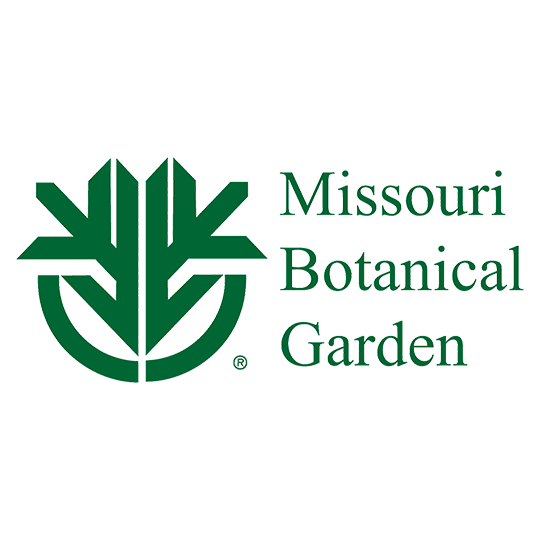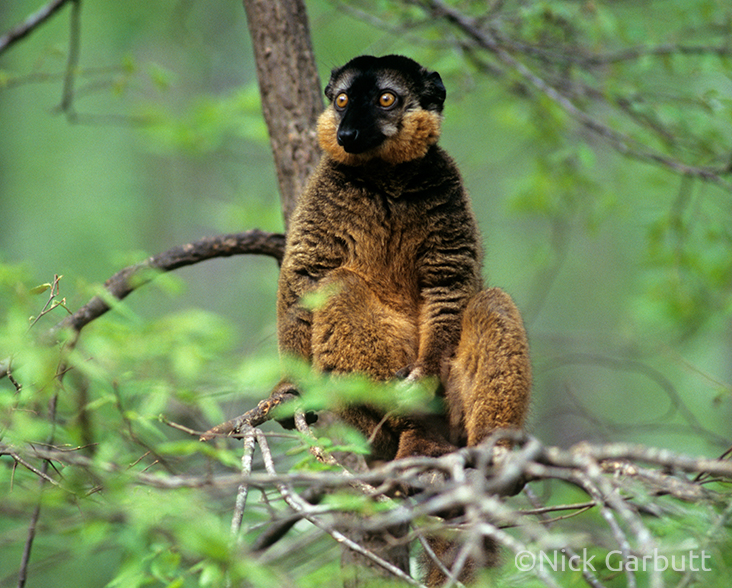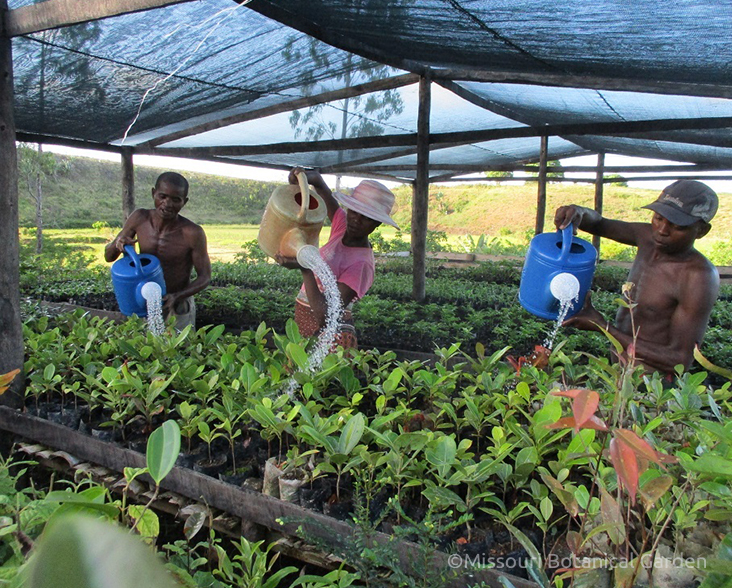MISSION
The Missouri Botanical Garden is headquartered in the USA and in 1987 it launched its Madagascar Programme (MBG-Madagascar), which today is committed to understanding and safeguarding the island’s unique, diverse and highly threatened flora, and their ecosystems. Focused in and around 11 Priority Areas for Plant Conservation, MBG-Madagascar collaborates with communities at the local level to protect the rich biodiversity of the island and the natural heritage of the Malagasy people.


